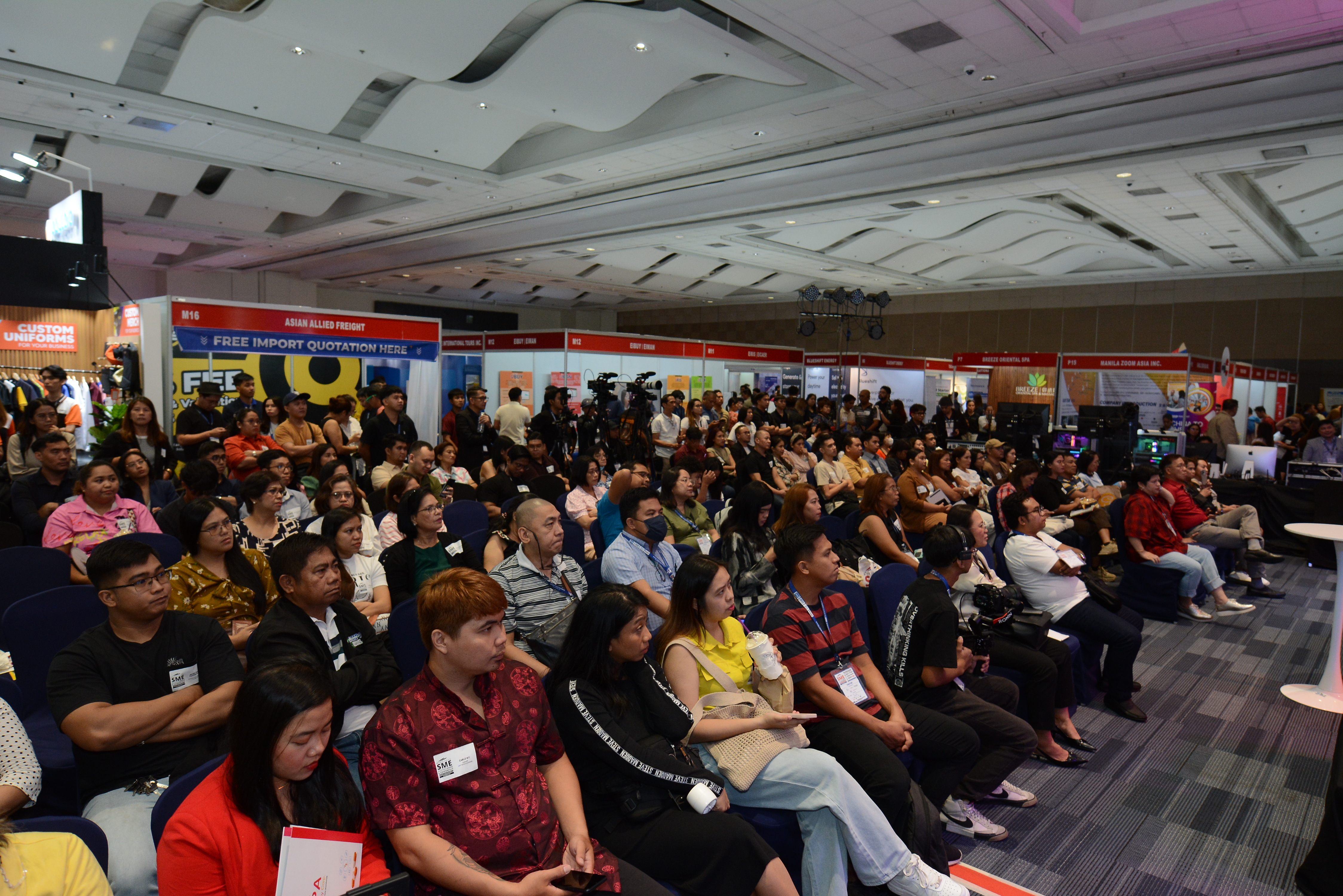In the wake of a global shift towards remote work, a new breed of professionals has emerged: digital nomads. These location-independent workers are choosing to combine travel with their careers, and the Philippines is quickly becoming one of their top destinations.
This archipelagic nation, known for its stunning beaches and warm hospitality, is now making waves in the digital nomad community. The concept of digital nomadism isn’t new, but recent global events have accelerated its growth.
According to a study by MBO Partners, the number of digital nomads surged by 49% between 2019 and 2020. This trend shows no signs of slowing, with the Asia-Pacific region, including the Philippines, seeing a significant influx of these modern wanderers.
The Philippines’ appeal to digital nomads is multifaceted. Dr. Maria Santos, a sociologist at the University of the Philippines, explains: “The combination of affordable living costs, widespread English proficiency, and a culture of hospitality makes the Philippines an ideal backdrop for the digital nomad lifestyle.”
- Cost of living. A major draw for digital nomads is the country’s relatively low cost of living. In major cities like Manila or Cebu, one can enjoy a comfortable lifestyle for a fraction of the cost in Western countries. This economic advantage allows nomads to save money or extend their travels.
- Language accessibility. As the world’s third-largest English-speaking country, the Philippines offers ease of communication for many international remote workers. This linguistic comfort extends beyond just casual interactions to professional settings, making it easier for nomads to network and potentially find local clients or collaborators.
- Natural beauty and diversity. With over 7,000 islands, the Philippines offers an unparalleled variety of environments. From the urban hustle of Manila to the serene beaches of Palawan or the lush mountains of Baguio, digital nomads can find their ideal work setting.
- Digital infrastructure. While historically a challenge, internet connectivity in the Philippines has seen significant improvements in recent years. Major cities and popular tourist destinations now offer reliable high-speed internet, a crucial factor for remote workers.
- Visa flexibility. The Philippine government has recognized the potential of the digital nomad market. Recent changes in visa policies, including the introduction of long-term visitor visas, have made it easier for digital nomads to extend their stays legally.
The influx of digital nomads is having a noticeable impact on the Philippine economy. A report by the World Travel & Tourism Council suggests that digital nomads contribute significantly to local economies through long-term stays and engagement with local businesses.
This trend has spurred growth in several sectors: – Real Estate:
There’s an increasing demand for long-term rentals and co-living spaces catering to digital nomads.
– Co-working Spaces: Cities are seeing a rise in modern, well-equipped co-working facilities.
– Tourism: Digital nomads often explore beyond typical tourist routes, contributing to a more distributed tourism economy.
– Local Services: From language schools to fitness classes, services catering to expatriates are flourishing.
Dr. Carlos Mendoza, an economist at the Asian Institute of Management, is optimistic about the future: “If managed well, the digital nomad trend could significantly boost our service and tourism sectors. It’s an opportunity for the Philippines to position itself as a hub for remote work in Southeast Asia.”
However, the digital nomad boom isn’t without its challenges. Concerns about gentrification in popular areas and the potential strain on local infrastructure are topics of ongoing discussion.
Additionally, there’s a need for clear regulations to ensure that digital nomads contribute fairly to the local economy through taxes and other means. As remote work continues to reshape the global workforce, the Philippines stands at a crossroads.
With its unique blend of natural beauty, cultural richness, and improving digital infrastructure, the country has the potential to become a leading destination for digital nomads.
For the Philippines, embracing this trend could mean not just economic benefits, but also an opportunity to foster global connections and cultural exchange. As the world becomes increasingly interconnected, the islands of the Philippines may just become the next great hubs of the digital age






